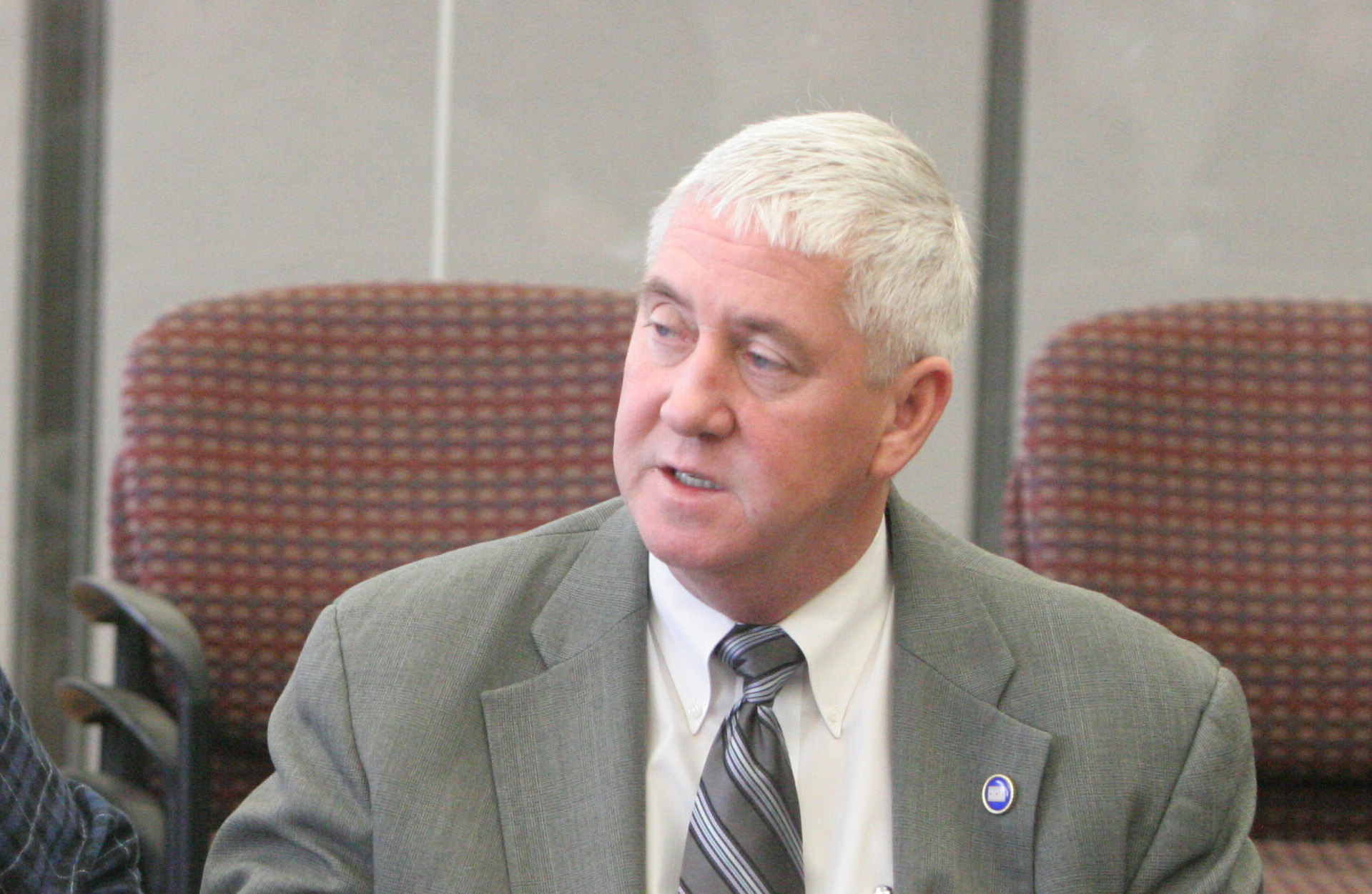Tennessee lawmakers have plans for revenue bump
Friday, January 1, 1904
SPECIAL SPENDING REQUESTS• $2 million to help AIDS patients get continuous enrollment in the HIV Drug Assistance Program by Sen. Andy Berke, D-Chattanooga, and Rep. Tommie Brown, D-Chattanooga• $180,000 for grants to Tennessee Science Alliance museums by Senate Speaker Pro Tem Bo Watson, R-Hixson• $1 million to help nonprofit foodbanks statewide by Rep. Kevin Brooks, R-Cleveland• $118,200 to provide college tuition discounts to some retired teachers' children by Sen. Mike Bell, R-Riceville• $45 million to reimburse Shelby and Davidson counties' local public defender programs by Sen. Jim Kyle, D-Memphis• $10 million for a for a future public charter bond security fund by Rep. Judd Matheny, R-Tullahoma• $34 million to begin phasing out the Hall income and reimburse local governments by House Speaker Emeritus Jimmy Naifeh, D-Covington• $11 million for a Carter County fish hatchery by former House Speaker Kent Williams, of Elizabethton, an independent• $14.5 million to create an annual sales-tax holiday for small businesses by House Democratic Minority Leader Craig Fitzhugh, D-Ripley• $75,000 to be split between Williamson and Rutherford counties' drug courts by House Finance Committee Chairman Charles Sargent, R-FranklinSource: Tennessee House and Senate
NASHVILLE -- State revenues are on the upswing, and so are lawmakers' efforts to spend them.
Lawmakers have made dozens of requests to amend Gov. Bill Haslam's proposed budget by hundreds of millions of dollars.
Rep. Cameron Sexton, R-Crossville, has an $11.86 million amendment to restore funding for Taft Youth Center near Pikeville, which Haslam intends to close.
Closer to home, Rep. Vince Dean, R-East Ridge, has two amendments to fund Chattanooga Mayor Ron Littlefield's proposed anti-gang legislation.
One would provide $1.92 million to fund longer sentences for gang criminals. The other would provide $109,800 to apply state racketeering laws to criminal gang activity.
Altogether, House proposals total $589.56 million and Senate requests come to $501 million.
But the actual cost is less. That's partly because a number of House and Senate amendments have identical goals. And some lawmakers have proposed halting scheduled cuts to programs that Haslam recently agreed to fund partially.
The House and Senate finance committees are expected to begin sorting through amendments this week as they try to wrap up their annual session before the beginning of May.
With state tax collections now running $107 million above December estimates, Haslam's administration and Republican leaders have positioned themselves to stem the tide of spending requests.
"I think we need to avoid that temptation that just because we have money we need to spend it," Finance Commissioner Mark Emkes said Friday. "We know we have significant expenses coming in 2014 and 2015 so the idea is, this extra money, let it roll over so we're ready for that."
House Majority Leader Gerald McCormick, R-Chattanooga, said most of those requests are going nowhere.
"We don't want to do like what we were doing in 2007 and spending every penny in boom times," McCormick said. He said there are "dark clouds" on the horizon, including the federal Affordable Care Act.
Emkes said that if federal health care reform withstands legal and political challenges, the state might have to pay out another $200 million to $300 million annually under requirements that add about 200,000 adults to TennCare.
Still, McCormick said, he is hoping there is $109,800 worth of room in the budget for Littlefield's effort to apply state racketeering laws to criminal gang members.
"I'm hoping to get that in," McCormick said, but the other $1.92 million anti-gang measure is a "much tougher sell."
The governor has set aside $5 million for legislative initiatives in the projected $30.2 billion budget. McCormick said that may increase slightly, but not much.
House Democratic Minority Leader Craig Fitzhugh of Ripley, a former Finance Committee chairman, took issue with Republican leaders' attempts to avoid another State Funding Board meeting.
If the board meets, members would make new revenue estimates and let lawmakers officially recognize new revenues and designate a purpose for them, Fitzhugh said.
"I think it's our responsibility to not just let money come in without having a purpose, whether it's to refund it to the taxpayers or put it in the Rainy Day fund or restore some of the cuts that are in the budget," Fitzhugh said. "I think if we're going to do a budget, we have the responsibility to do the best budget we can."
The state's current budget ends June 30. Fitzhugh noted that April is the biggest collection month of the year for franchise and excise taxes on businesses. Given how things are going, that likely will generate even more money, he said.
Haslam has made partial restorations -- about $12 million -- in programs slated to be cut or killed.
"We can make some more," Fitzhugh argued. "These are things that are going away, not new [programs]."
He said he has bipartisan support for a plan to provide $19 million in one-time money to help purchase new equipment for the state's community colleges and technology centers.
That money would be "well-spent" helping educate students in areas ranging from nursing to welding, Fitzhugh said.
